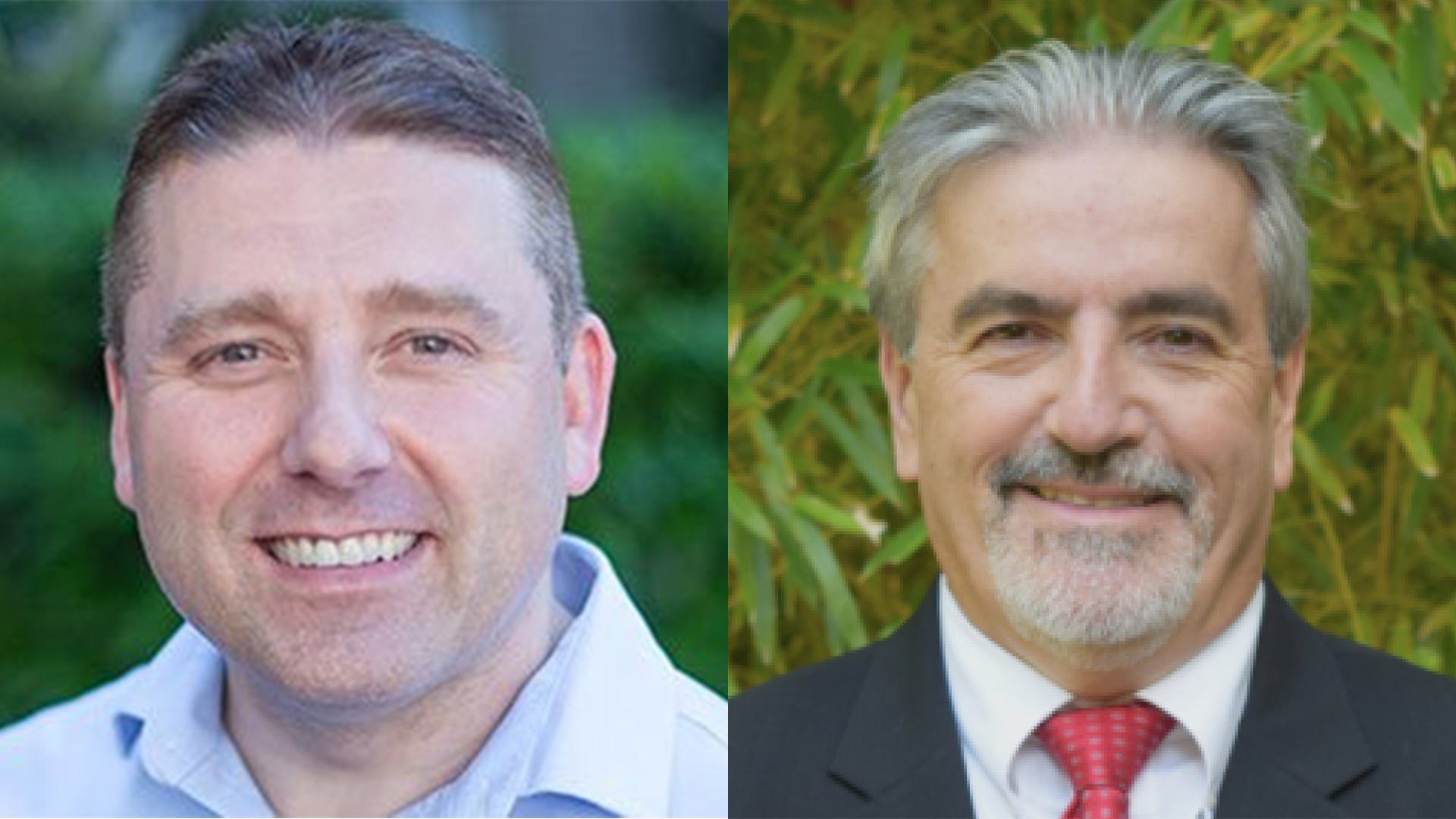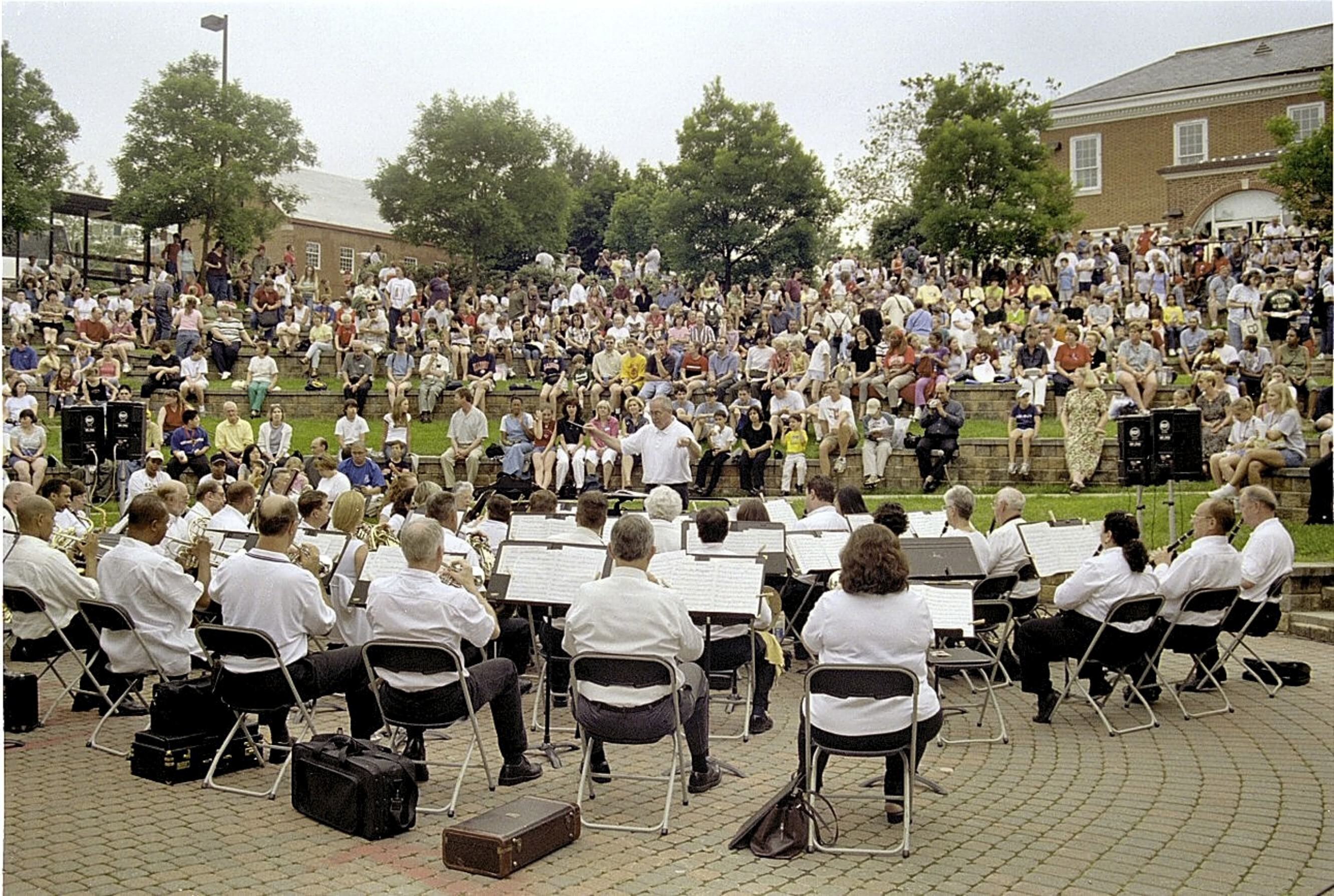Alums Take on Climate Change
Alums Take on Climate Change

By Alicia Fodera
As summer approaches, so too does the risk of wildfires in the American West–this year, meteorologists have predicted that 400,000 to 1 million acres in California will burn.
Steve Ambrose ’76 is working to better understand wildfire risk through a new kind of data analysis system called artificial intuition. After a career at the National Oceanic and Atmospheric Administration (NOAA) and NASA, Ambrose is now chief climate scientist at Science Applications International Corp. (SAIC), building a climate program that will improve the ability of federal, state and local governments, businesses and private citizens to adapt to a changing climate.
As head of SAIC’s Climate Enterprise, Ambrose uses artificial intuition to “analyze the complexity of vegetation, soil moisture (and) drought,” he said. The data can “tell you where there is increased wildfire risk … and anticipate where the fire is going to go.” He hopes that, eventually, this tool can also be used to understand earthquakes, floods and other environmental risks.
Scott Weaver M.S. ’03, Ph.D. ’07 is another UMD alum tackling the challenges posed by wildfires. He’s Executive Director of the White House Interagency Council for Advancing Meteorological Services (ICAMS), the umbrella group for all federal departments and agencies to coordinate policy and practices related to meteorology. Weaver, who previously worked at NASA, NOAA, the Environmental Defense Fund and the National Institute of Standards and Technology, oversees and executes the ICAMS strategic priorities and focuses on more granular implementation activities, like pooling together federal resources to combat climate events like wildfires.
Both alums credit their interdisciplinary education at Maryland for better positioning them to take on this global crisis . At Maryland, Ambrose majored in physical sciences and was able to explore his passions in meteorology, geology and astronomy—all of which he has touched at some point in his career. Weaver, who earned a Ph.D. in atmospheric and oceanic science, says the curriculum positioned him to be a more well-rounded scientist, as it “shaped my broader outlook of my research….drawing on related disciplines as opposed to a narrow view of science.”
Learn more about how the University of Maryland is investing in research to solve the climate crisis. The way forward is clear, Fearlessly Forward.

Do Good Spotlight: How Lisa Wiederlight ’90 is Building a Home for Hope

A Legacy Beyond His Years: Alum’s Gift Honors Veteran’s Memory at Maryland

Three Generations, One Stage: Maryland Community Band Turns 30

